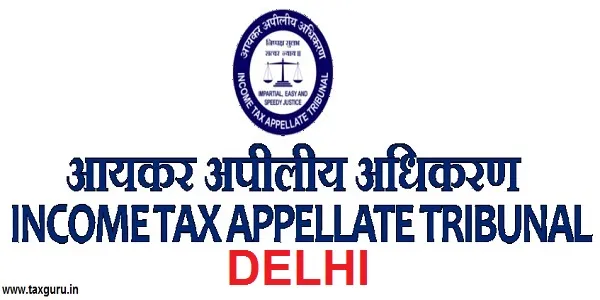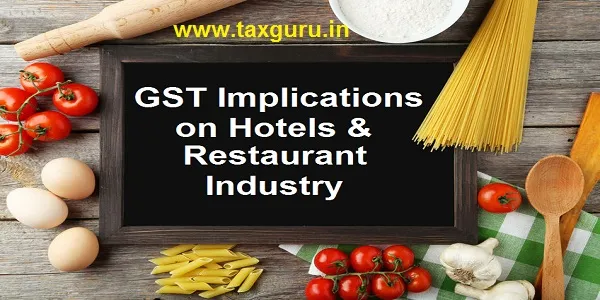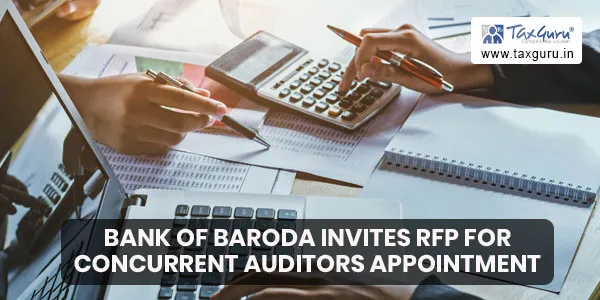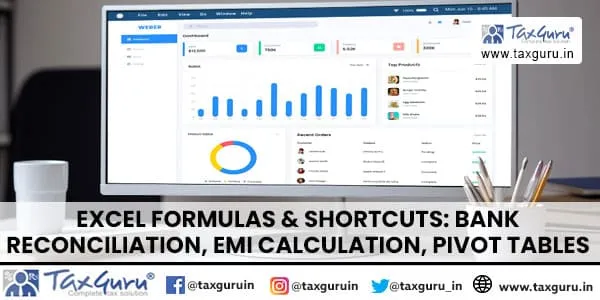Question:- A Karta of a HUF makes an agreement with another person to sell an ancestral immovable property for a consideration. His married sons refuse to execute the sale deed in the last minute saying that the sale consideration is nowhere near the market price, their interests are therefore very much affected and the Karta has misled them to sign the sale deed. In the above circumstances.
a) Can A as the Karta bind his coparceners with an agreement which he has made with a third party and compel the latter to sign the sale deed?
b) What are the rights of the disappointed buyer who was ready with the sale deed for execution together with the related consideration?
c) Can he sue the Karta for the breach of the agreement?
d) Can he also compel the coparceners to sign the sale deed based on the agreement the Karta has made with him?
e) In other words can he ask for specific performance?
f) What are his other rights like in the Specific Relief Act?”
Answer:- A Karta or Manager of a HUF has all the powers to manage the family and its assets, being head of the family. The joint family property vests in the family and its coparceners/members. On partition Karta gets his share. He is not absolute independent, individual owner of the property. Each coparcener/member has share, right, title and interest in the ancestral property.
The power of the Karta to make an alienation is confined according to the Mitakshara to three purposes : (1) in the time of distress (apatkale); (2) for the sake or benefit of the family (kutumbarthe); and (3) for pious purposes (dharmarthe). The meaning of the terms is explained by the Mitakshara : “Time of distress” refers to a distress which affects the whole family; ‘for the sake of the family’ means for its maintenance; and ‘pious purposes’ are described as indispensable acts of duty such as the obsequies of the ancestors”. The first of the above purposes would be a case of legal necessity. The second would cover both family necessity and benefit. It is fairly clear from the Mitakshara that the term maintenance or support of the family (poshana) would include not only transactions which are absolutely necessary for its bare maintenance but also transactions positively beneficial to the family in the sense that they are clearly calculated to raise its economic level and standard of life.
It has long been, settled that the managing member of a joint Hindu family has power to alienate for value, joint family property either for family necessity or for the benefit of the estate so as to bind the interests of all the undivided members of the family whether they are adults or minors or widows. (Please refer Mahadu vs. Gajara Bai 1954 Bombay 442 (DB). The powers of the manager of a Hindu family were considered by the Privy Council in a case which is always referred to as settling the law on the subject. That was the case of a mother managing as guardian for an infant heir. Of course, a father, and head of the family, might have greater powers, but could not have less, and it has been repeatedly held that the principles laid down in that judgment apply equally to a father, or other coparcener who manages the joint family estate. Their Lordships said (p. 423) : (1) “The power of the manager for an infant heir to charge an estate not his own, is under the Hindu law, a limited and qualified power. It can only be exercised rightly in case of need, or for the benefit of the estate”. Pundarikakshayya vs. Sreeramulu ILR (1946) Mad. 242 FB; Balamukund vs. Kamala Wati AIR 1964 SC 1385; (1965) (1) SCJ 212 : (1964) (6) SCR 321; Surendranath vs. Sudhir Kumar 1982 Ori 30; Manohari Devi vs. Chaudry Sibanavadas 1983 Ori 279.
The purchaser is bound to enquire into the necessities for the family to sell, and to satisfy himself, as well as he can, with reference to the parties with whom he is dealing, that the manager is acting in the particular instance for the benefit of the estate : Ramanathan Chettiar vs. Viswanathan AIR 1941 PC 43.
The rule as to bona fide inquiry laid down in Hanoomanpersaud’s case has been embodied in section 38 of the Transfer of Property Act. That section since the Amending Act 20 of 1929 has become applicable to Hindus. It runs thus : “Where any person, authorized only under circumstances in their nature variable to dispose of immovable property, transfer such property for consideration, alleging the existence of such circumstances, they shall, as between the transferee on the one part and the transferor and other person (if any) affected by the transfer on the other part, be deemed to have existed, if the transferee, after using reasonable care to ascertain the existence of such circumstances, has acted in good faith”.
Necessity is not to be understood in the sense of what is absolutely indispensable but what according to the notions of a Hindu family would be regarded as reasonable and proper. “On the whole it would seen that a managing member has authority to do all acts which are clearly reasonable and proper for the realization, protection or benefit of the joint estate and for the protection and support of all the members of the joint family as well as what is required for indispensable acts of duty. The difficulty is not so much one of principle, as of its application to the varying nature of circumstances as they present themselves to different minds. It is perfectly clear that the preservation of the estate from extinction, the defence against hostile litigation affecting it, the protection of it or portions from injury or deterioration by inundation are circumtances which would justify an alienation, whether they are regarded from the point of view of legal necessity or benefit to the estate.”
In the instant case the sons claim that sale is below fair market value and hence refuse to sign the Sale Deed. As it affects their rights, they can claim so. Even a minor, on attaining majority can challenge.
(a) No, the sons cannot be compelled to sign the Sale Deed, which is adverse to their interest.
(b) It was the duty of the buyer to bonafidely enquire the authority of the Karta. At the time of agreement, such agreement should have been entered into with the major sons and coparceners too, to bind them.
(c) Can sue the Karta for damages and compensation payable in his individual capacity.
(d) No.
(e) He can ask for sale of share of the Karta and not whole of the property.
(f) As (c) and (e) above.
Author: Shri. N. M. Ranka, Sr. Advocate




















I am a NRI and have become the HUF Karta due to the demise of my father. Can I transfer the HUF property sale amount (on which tax has been paid) with the agreement of the co-parceners to NRO Account as long as its under the RBI stipulation of USD1M/year?
If not, then how do I transfer the funds to NRO account? Do I have to dissolve / close the HUF / partition it?
Thanks for the prompt response
The questions and answers are not very clear to me. I have a question for valued readers and advisers regarding my property.
My grand father build a house in Kolkata in 1954. After his death in 1983 the house was mutually divided between my late uncle and my father who got 3 flats each of the house. The house was not divided into half and it was rather divided into cris cross manner. Our ancestral house faces east and it has two flats on each floor.
By the division ordered by the learned court at Alipore Kolkata, my late uncle got one flat on the west side and two on the east. My late father got one on the west side and one on the east side.
My uncle died leaving behind a daughter who sold her share to a gentleman without getting our consent. The person who moved in is creating problems and forcing us to sell the house to him which he wants to promote.
My question is that we have common over head water tanks, common staircase lights and many common areas.
1. Can he get his mutation done without getting our consent.
2. He wants to forcibly park his car in the common passage blocking our exit way which makes us difficult to go out of the house.
3. He uses up more water so that the pump has to run more pushing our electricity bills higher.
Some good person out there kindly reply as to what we can do to stop this menace.
A good answer. Very little awareness about the same. Required to be given wide publicity.